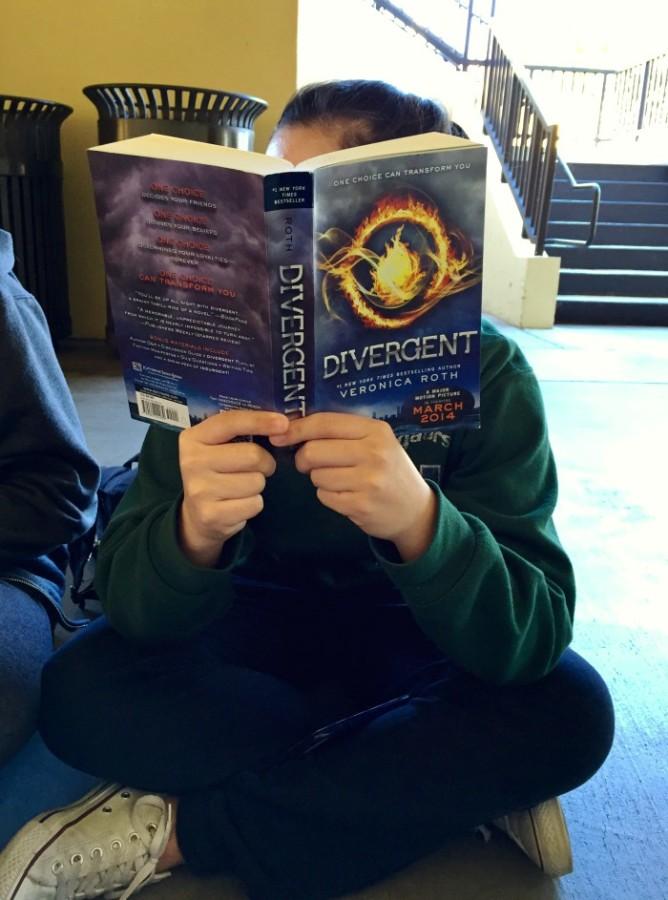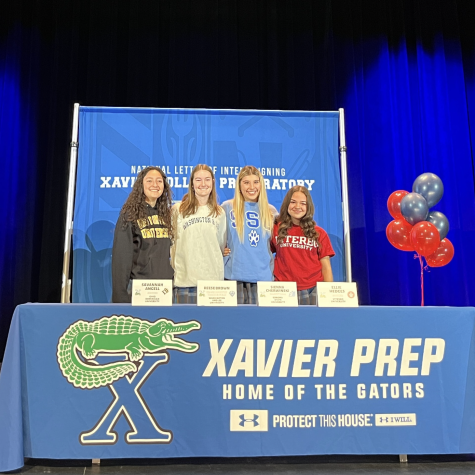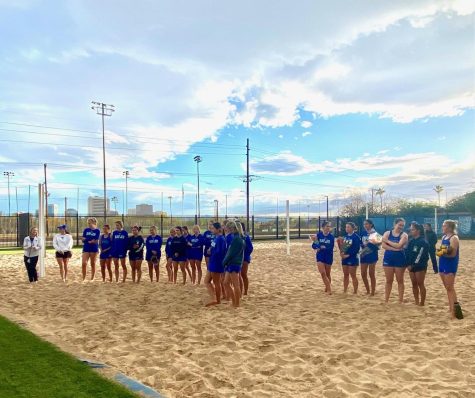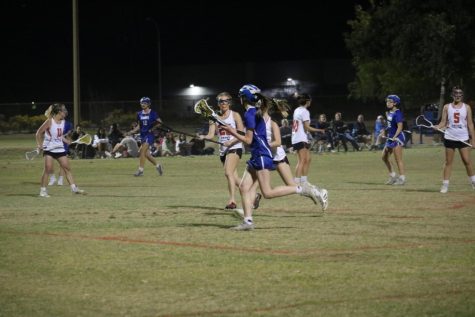Finding Granger: navigating through life with characters
Abby Johnson ’17 explains why we love our strong female characters.
Divergent features a female leader who combats her oppressive society.
Every time I watch “Harry Potter,” I totally picture myself studying in the Great Hall or staying ahead of the game in Potion’s Class. So, its obvious that my favorite character is Hermione Granger, the strong-willed and audacious heroine of the series. But, that raises the question as to why are we so attracted to the lives of these leading ladies. Do we look up to them or do we dismiss them because we find their traits objectionable?
It might just be the former. These female characters all have a certain universality in the admirable traits they display. Katniss in the “Hunger Games” trilogy is fiercely independent and courageous. Viola in “She’s the Man” does whatever it takes to stand up for what is right (even if it means impersonating her brother and becoming a star on the soccer team). Hester Prynne, a more traditional character in Nathaniel Hawthorne’s “Scarlet Letter”, doesn’t succumb to the rumors and ostracization she constantly faces and makes it her life’s purpose to do right by others and protect her family.
Senior Chantal Navratil said that her favorite female character was, “Mulan, because she represents that women can do anything.”
All of these amazing females give us great role models. Sometimes when we are struggling, we can relate to a problem they have experienced and come up with a solution. Even in my own life, I struggle with always following the rules, just like Hermione. Hermione has showed me that sometimes it’s okay to break the most stringent rule every once in awhile as long it’s beneficial to the well being of other. Especially when you need to defeat- dare I say it?- Lord Voldemort. These characters are especially appealing to us here at Xavier. Our whole school empowers women and provides us with the opportunities to be the version of ourselves that can make a difference in the world.
Do we look up to them or do we dismiss them because we find their traits objectionable?
— Abby Johnson
When asked what famous female character she would like to be friends with and why, junior Ally Oppmann said, “I would choose Elle Woods from ‘Legally Blonde.’ Although it starts out as a very superficial movie, Elle defeats her initial stereotype with a successful career at Harvard Law ending in the solving of a murder trial. I feel she is very personable, witty and would make a loyal friend.”
Female characters, especially those written by authors like J.K. Rowling and Suzanne Collins, provide us with unorthodox tales to find our way into what has traditionally been a field of male-dominated heroes. So, move over Odysseus, this hero’s journey just began with Hermione.








